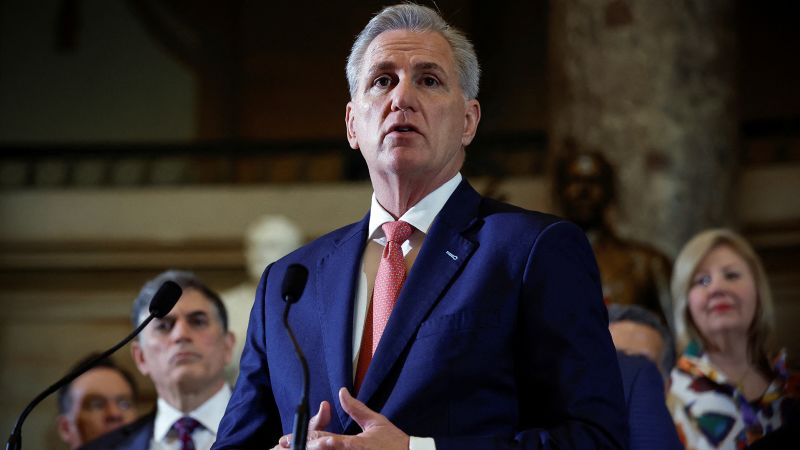Growth in demand for new electric cars has flatlined, new figures suggest.
The number of electric cars sold reached record levels last year, but their share of the market did not increase, the Society of Motor Manufacturers and Traders (SMMT) said.
It means electric vehicles (EVs) failed to improve market share for the first time since 2018, raising concerns over green pledges.
It means electric vehicles (EVs) failed to improve market share for the first time since 2018, raising concerns over green pledges.
After years of disruption caused by the pandemic and a shortage of vital computer chips, the overall market for new cars is growing rapidly, with 1.9 million vehicles registered in 2023 – just under 18% more than in the previous 12 months.
But EVs accounted for 16.5% of new vehicles sold in the UK last year — down slightly from the 16.6% purchased in 2022.
Although the total number of electric vehicles sold rose to a record 315,000, helped by generous tax incentives for company car users, overall UK car sales increased by the same amount.
Last year was the first time electric vehicles failed to improve their market share since 2018, which has led to calls from the SMMT for the government to halve VAT on electric vehicles in order to boost demand from private buyers.
“When it comes to market share, we have fallen behind partly because there aren’t the incentives for the private buyers that other countries have,” SMMT boss Mike Hawes told the BBC.
Growth in demand for new electric cars has flatlined, new figures suggest.
It means electric vehicles (EVs) failed to improve market share for the first time since 2018, raising concerns over green pledges.
The number of electric cars sold reached record levels last year, but their share of the market did not increase, the Society of Motor Manufacturers and Traders (SMMT) said.
After years of disruption caused by the pandemic and a shortage of vital computer chips, the overall market for new cars is growing rapidly, with 1.9 million vehicles registered in 2023 – just under 18% more than in the previous 12 months.
It means electric vehicles (EVs) failed to improve market share for the first time since 2018, raising concerns over green pledges.
It means electric vehicles (EVs) failed to improve market share for the first time since 2018, raising concerns over green pledges.
After years of disruption caused by the pandemic and a shortage of vital computer chips, the overall market for new cars is growing rapidly, with 1.9 million vehicles registered in 2023 – just under 18% more than in the previous 12 months.
But EVs accounted for 16.5% of new vehicles sold in the UK last year — down slightly from the 16.6% purchased in 2022.
Although the total number of electric vehicles sold rose to a record 315,000, helped by generous tax incentives for company car users, overall UK car sales increased by the same amount.
Last year was the first time electric vehicles failed to improve their market share since 2018, which has led to calls from the SMMT for the government to halve VAT on electric vehicles in order to boost demand from private buyers.
“When it comes to market share, we have fallen behind partly because there aren’t the incentives for the private buyers that other countries have,” SMMT boss Mike Hawes told the BBC.
#Electric #cars #Sales #lose #momentum #prompting #tax #cut #calls
Note:- (Not all news on the site expresses the point of view of the site, but we transmit this news automatically and translate it through programmatic technology on the site and not from a human editor. The content is auto-generated from a syndicated feed.))



